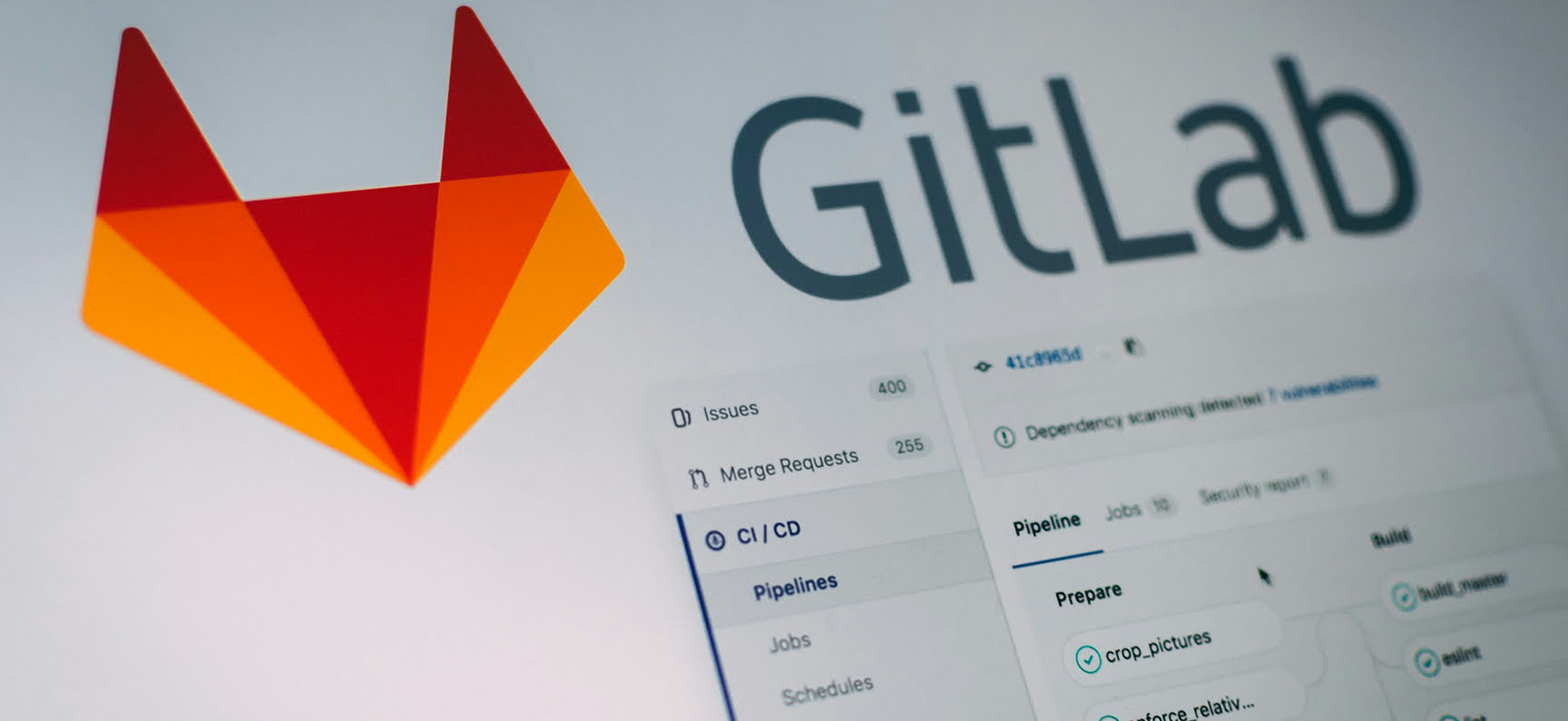A DevOps manager has an important job to connect the separation between development and operation teams, making sure the workflow is smooth. This improves software delivery, system reliability and security a lot. Companies that are looking for this type of person want them to have skills in delivery workflow, automation, cloud services and containerization so they can bring more efficiency and new ideas.
If you are getting ready for an interview, knowing the frequent DevOps manager interview questions and answers can help you show your technical and managerial abilities with confidence. This manual touches on important areas such as project and release management, software development services, and methods to solve incidents.
Types of Questions to Expect in a DevOps Manager Interview
A DevOps manager is expected to have a broad skill set that covers both technical expertise and leadership capabilities. The interview questions for DevOps manager will assess your ability to oversee DevOps services, manage infrastructure, and implement best practices in Continuous Integration/Continuous Deployment. Here are the common categories of DevOps project manager interview questions you can expect:
- General DevOps Management Questions – Covering overall responsibilities, team collaboration, and the role of agile operations in an organization.
- Technical Questions – Focusing on delivery workflow, automation, and cloud technologies.
- Leadership and Project Management Questions – Evaluating experience in handling cross-functional teams, processes, and project execution.
- Security and Compliance Questions – Testing knowledge of security best practices and integration within DevOps managed services.
- Incident Response and Monitoring Questions – Assessing troubleshooting abilities and system reliability strategies.
Now, let’s dive into some of the most important interview questions for a DevOps manager, along with well-structured answers to help you prepare.

Interview Questions for a DevOps Manager
This section covers essential interview questions, focusing on technical expertise, security best practices, infrastructure management, and team collaboration. Understanding these questions and preparing structured answers will help you confidently demonstrate your skills and leadership capabilities in an agile operations environment.
Understanding the Role of a DevOps Manager
What are the primary responsibilities of a DevOps Manager?
Interviewers ask this question to assess your understanding of the DevOps manager role and its impact on development and operations. They want to know if you can effectively manage CI/CD pipelines, infrastructure, automation, and cross-team collaboration to improve software delivery and reliability.
Answer example: “A DevOps manager is responsible for overseeing CI/CD pipelines, managing infrastructure, and ensuring collaboration between development and operations teams. They drive automation, optimize system performance, and implement best practices for secure and efficient software delivery. Additionally, they align agile operations strategies with business goals to enhance scalability and reliability.”
How do you ensure smooth collaboration between teams in a DevOps environment?
Agile operations thrives on strong communication and teamwork. This question helps interviewers evaluate your leadership skills and ability to foster collaboration between development, operations, and security teams. They want to see if you can break down silos, streamline workflows, and improve efficiency.
Answer example: “Effective communication and collaboration are key to a successful DevOps culture. I encourage regular stand-up meetings, utilize shared dashboards, and implement automated workflows to reduce silos. By fostering a culture of transparency and accountability, I ensure that development, operations, and security teams work seamlessly to improve software quality.”

Technical Questions for a DevOps Manager
How do you design and implement CI/CD pipelines?
Since delivery workflow is a core part of agile operations, interviewers ask this to gauge your technical expertise in automating software builds, testing, and deployments. Your answer should demonstrate knowledge of pipeline stages, tools like Jenkins or GitLab CI/CD, and best practices for ensuring efficient and reliable releases.
Answer example: “CI/CD pipelines are essential for automating code integration, testing, and deployment. I design workflow by defining stages such as source control, build, test, and deployment. Tools like Jenkins, GitLab CI/CD, and CircleCI help automate these processes, ensuring faster delivery cycles and minimizing human errors.”
What is the significance of Continuous Integration/Continuous Deployment in DevOps?
This question is designed to test your understanding of Continuous Integration/Continuous Deployment and its role in improving software development efficiency. Interviewers want to know if you can explain how CI/CD reduces deployment risks, accelerates release cycles, and enhances software quality through automation.
Answer example: “Continuous Integration/Continuous Deployment ensures that code changes are automatically tested and deployed, reducing manual intervention and accelerating release cycles. This approach improves software quality, minimizes downtime, and enhances collaboration between development and operations teams.”

Project and Release Management in DevOps
How do you handle project execution as a DevOps Manager?
Interviewers ask this question to assess your ability to oversee projects efficiently while ensuring smooth collaboration between teams. They want to know if you can manage timelines, allocate resources effectively, and integrate DevOps automation to streamline development and operations processes.
Answer example: “As a DevOps project manager, I break down projects into manageable sprints, define clear goals, and track progress using tools like Jira and Trello. I ensure that automation and security best practices are integrated at every stage to deliver high-quality software efficiently.”
What are the key responsibilities of a DevOps Release Manager?
Since release management is critical to ensuring smooth deployments, interviewers ask DevOps release manager interview questions to evaluate your understanding of the DevOps release manager role. They want to know if you can oversee software releases, coordinate between teams, manage rollback strategies, and optimize deployment workflows to minimize downtime and ensure high-quality releases.
Answer example: “A DevOps release manager ensures smooth deployments by managing version control, coordinating between teams, and implementing rollback strategies in case of failures. They optimize deployment workflows to minimize downtime and ensure that releases meet quality and security standards.”

Security and Compliance in DevOps
How do you integrate security into DevOps workflows?
Security is an essential component of modern agile operations practices, and interviewers want to see how well you incorporate DevSecOps principles. This question helps them gauge your knowledge of automated security tools, vulnerability scanning, and compliance checks.
Answer example: “Security is a critical component of DevOps, often referred to as DevSecOps. I integrate security by implementing automated vulnerability scanning, compliance checks, and encryption best practices. By incorporating security into DevOps containerization and cloud-based deployments, I ensure that applications remain resilient against threats.”
What steps do you take to ensure compliance with industry regulations?
Regulatory compliance is essential in many industries, and interviewers want to know if you have experience managing security standards and governance requirements. They expect you to explain how you enforce compliance policies, use automated monitoring tools, and maintain audit-ready infrastructure.
Answer example: “I implement automated compliance monitoring tools to ensure that all deployments adhere to industry standards such as GDPR, HIPAA, and ISO 27001. Additionally, I conduct regular audits, enforce access controls, and maintain detailed documentation to meet compliance requirements.”

Incident Response and Monitoring in DevOps
How do you manage and resolve incidents in production environments?
Interviewers ask this question to assess your ability to handle real-time issues and maintain system stability. They want to know if you have a structured approach to incident management, including monitoring, root cause analysis, and automated recovery mechanisms.
Answer example: “I adopt a proactive approach by implementing real-time monitoring tools such as Prometheus, Datadog, and Splunk. In the event of an incident, I follow structured incident response protocols, conduct root cause analysis, and implement automated remediation strategies to prevent future occurrences.”
How do you ensure the high availability and reliability of cloud-based applications?
Since many organizations rely on cloud services, this question helps interviewers evaluate your expertise in designing resilient cloud architectures. They expect you to explain strategies such as load balancing, auto-scaling, failover mechanisms, and disaster recovery planning.
Answer example: “By leveraging cloud services, I implement load balancing, auto-scaling, and failover mechanisms to ensure system resilience. Additionally, I utilize Infrastructure as Code (IaC) tools to standardize and automate cloud infrastructure management.”
Preparing for a DevOps Manager Interview
Now that we’ve covered key interview questions for software development manager in DevOps, here are some tips to help you ace your interview:
- Understand the company’s stack – Research the tools and technologies they use, whether it’s AWS, Kubernetes, Jenkins, or Terraform.
- Demonstrate leadership skills – Companies want a leader who can manage teams and drive innovation in DevOps services.
- Showcase automation expertise – Be prepared to discuss how you’ve implemented automation to improve efficiency.
- Highlight problem-solving abilities – Explain how you’ve handled past challenges, particularly in production environments.
- Practice mock interviews – Familiarize yourself with interview questions for an agile operations manager to refine your responses and build confidence.

Conclusion
A DevOps manager plays a crucial role in streamlining software development, deployment, and infrastructure management. By preparing for DevOps manager interview questions, you can demonstrate your expertise in delivery workflow, cloud services, automation, and managed services. Whether you're applying for a project manager, release manager, or software development manager, having a strong understanding of these concepts will set you apart. Use this guide to refine your responses, showcase your leadership skills, and position yourself as a top candidate for the role.
Similar articles
View allyour business
together
- PROJECT INQUIRIES info@artjoker.net
- CALL US +1 213 423 05 84
contact us:










